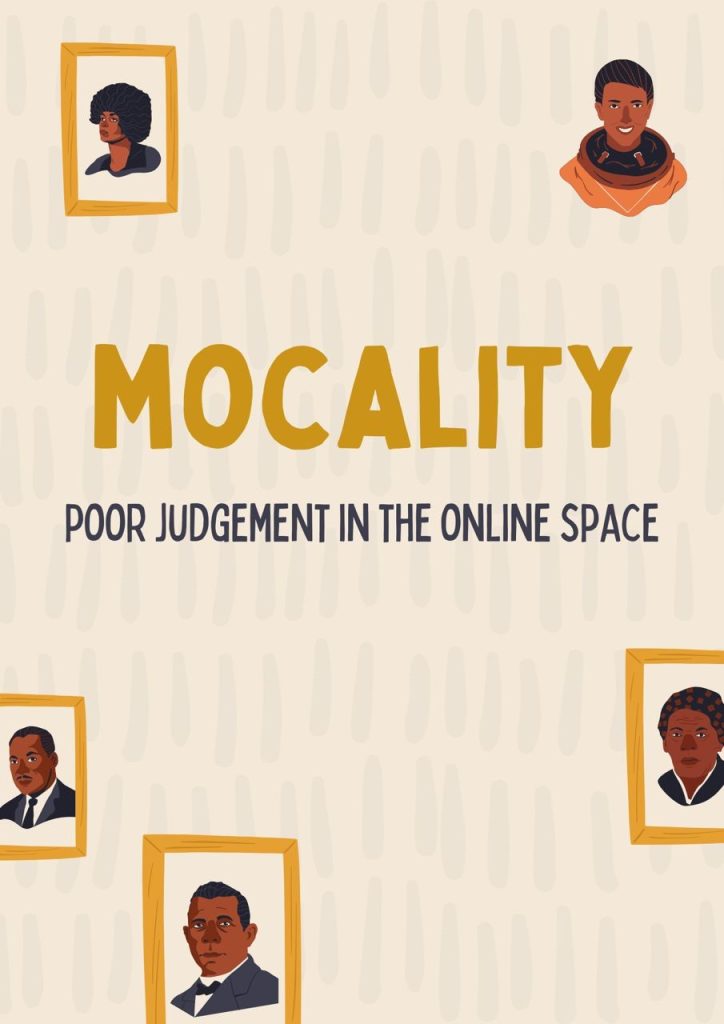Mocality, launched in 2009, was Kenya’s largest online business directory at its peak. Designed to digitize business listings and connect local entrepreneurs with customers, it represented a bold step toward modernizing Kenya’s business landscape. The start-up aimed to leverage the growing digital infrastructure in the region by offering free business listings and affordable promotional services. Despite its promise, Mocality ultimately shut down in 2013 due to poor execution, high operational costs, and market misjudgment.
The Vision and Growth
Mocality sought to empower Kenyan businesses by creating an easily accessible online directory that allowed users to find services via mobile phones. Its innovative approach included a crowd-sourcing model that incentivized Kenyans to add and verify business information through M-Pesa. By 2012, Mocality had verified over 170,000 business listings and paid contributors approximately KSh 11 million (around $100,000), demonstrating significant early success.
The start-up also offered premium services like SMS-based promotions, where businesses could send bulk messages to their customers at a small fee. These efforts helped Mocality gain traction among small and medium-sized enterprises (SMEs) seeking affordable digital marketing solutions.
The Challenges
Despite its ambitious goals and initial traction, Mocality struggled with several critical challenges:
- Unsustainable Business Model
Mocality’s reliance on free listings and crowd-sourced data collection resulted in high operational costs with minimal revenue generation. CEO Neil Schwartzman acknowledged that the revenue streams, such as paid SMS promotions, were too slow to scale. This imbalance between costs and returns drained resources, making profitability unattainable in the near term. - Market Misjudgment
Mocality overestimated the readiness of Kenyan businesses to embrace digital platforms. While Nairobi and Mombasa had some adoption of e-commerce practices, rural businesses—key to scaling—were less inclined to use online services. Furthermore, traditional marketing methods remained dominant, and many business owners were unfamiliar with digital tools【74†source】. - Operational Inefficiencies
The platform faced significant logistical challenges, including delays in service delivery and difficulties in maintaining accurate listings. This led to user dissatisfaction and diminished trust among business owners and consumers. - Competition and Anti-Competitive Practices
Mocality faced direct competition from global players like Google. In 2012, Mocality accused Google of unethical practices, including scraping its database and misleading Kenyan businesses by claiming a partnership. Although Google later apologized and terminated its Kenya Country Manager, the damage to Mocality’s operations and reputation had already taken its toll.
Impact of Mocality’s Closure
When Mocality shut down in 2013, it left over 100,000 businesses without a digital platform. The closure also highlighted the challenges faced by digital start-ups in Africa, particularly in balancing innovation with sustainable revenue models.
Key Lessons
Mocality’s failure underscores several important lessons for entrepreneurs and investors:
- Revenue Models Must Scale
Free services can attract users but must be balanced with robust monetization strategies. Start-ups should focus on creating scalable revenue streams early in their lifecycle. - Understand the Market
Entrepreneurs must invest in understanding local market dynamics. While Mocality targeted urban users, it missed opportunities to engage rural businesses, many of which lacked access to alternative solutions. - Operational Excellence is Key
Efficient operations and high-quality service delivery is critical for building customer trust. For Mocality, delays and errors in service undermined its value proposition. - Guard against Competition
Local start-ups must prepare for potential competition from global players. Protecting intellectual property and differentiating services are vital in crowded markets.
Conclusion
Mocality’s rise and fall highlight both the potential and the challenges of digitizing business ecosystems in emerging markets. Its ambition to empower Kenyan entrepreneurs was laudable, but execution missteps and market misjudgments undermined its efforts. As Kenya’s digital economy continues to grow, Mocality serves as a cautionary tale for start-ups navigating the complexities of innovation, scaling, and sustainability.
References:

